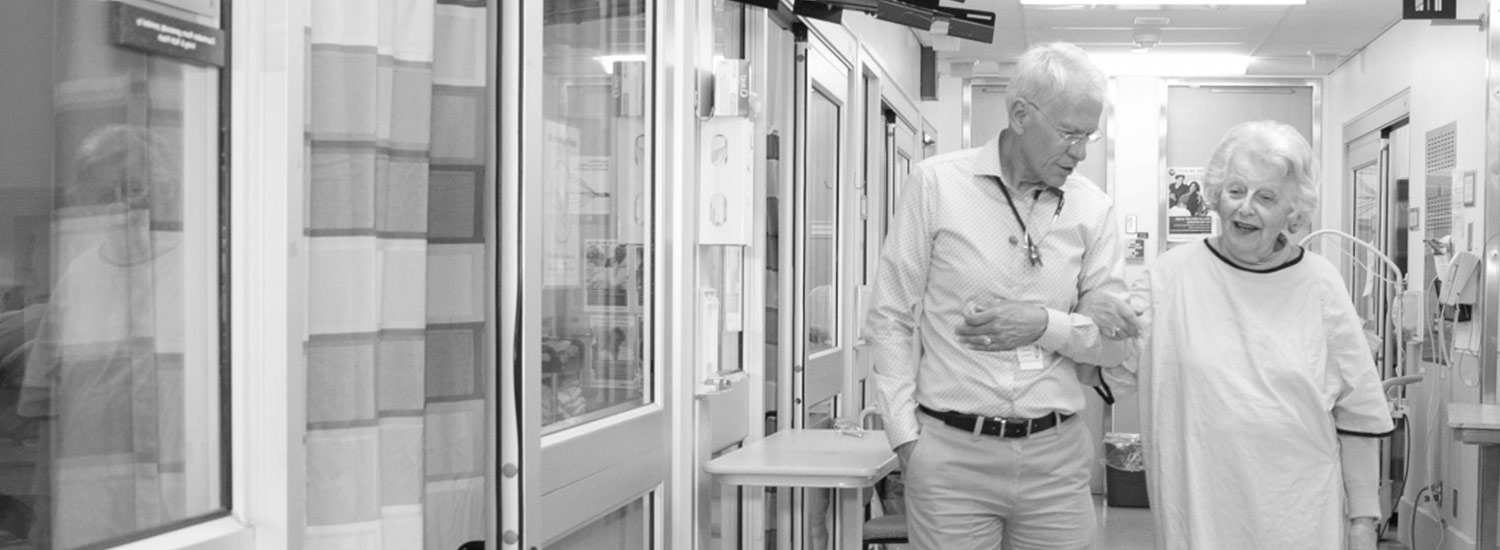Studies show that compared to other age groups, older adults consistently experience the greatest proportion of casualties during and after emergencies both in Canada and internationally. Evidence that 97 per cent of Canada’s first ten thousand COVID-19 deaths were Canadians over 60 years of age is consistent with these findings. In addition, given that environmental hazards are occurring more frequently due to climate change, it is more important than ever for older Canadians to be prepared for emergencies.
But where can you start? One of the first steps is to understand your risks and vulnerabilities.
“Vulnerability to disasters is a combination of social, cultural, political and economic factors that can change depending on the emergency. For example, older adults can have physical, sensory or cognitive conditions, they can be more isolated, not have the same social support networks and have a limited income,” says Alejandro Terrones, Director Disaster Risk Reduction at the Canadian Red Cross. “A combination of these factors can make older adults more vulnerable to a specific emergency.”
Alejandro, along with colleague Alyssa Margeson, Project Manager at the Canadian Red Cross, is presenting at this month’s Healthy Ageing 101 session, “Disaster and Emergency Preparedness for Older Adults” on May 18, 2021 at 12 p.m.
Based on recommendations in “Closing the Gaps: Advancing Emergency Preparedness, Response and Recovery for Older Adults”, the recent white paper by the Canadian Red Cross, the National Institute on Ageing and Dr. Samir Sinha, the session will provide tips and examples on steps older adults and their families can take to become emergency prepared.
“One of the first things older adults can do is know the risks in your community and put a plan in place for those specific risks,” Alejandro says. “For example you may live in an area that is at risk for earthquakes or winter storms. One way to know these risks is through your local government, who in many cases have this information on their websites. Additionally, you can sign up for emergency alerts, so when these things do happen, you will know.”
Once the risks are determined, the next step is to make a plan. “Determine what you would do if something happened. Think about children and pets, and for older adults specifically, have a plan addressing medications and consider things such as a mobility device that needs power,” Alejandro says. “Every plan will be different, there’s no one size fits all but we do have some resources on our website to help you make your own plan.”
Putting together an emergency kit is also key. “We recommend making an emergency kit with essential supplies that will last you for at least 72 hours including things like bottled water, flashlight, batteries, wind up radio, cash and blankets,” Alejandro says. Find a full list of things that should be included in an emergency kit here.
Though it can be scary to think about disasters, Alejandro says it’s important to be prepared. “Canadians are not always aware of their risks and vulnerabilities or how to deal with them,” he says. “We want people who attend our Healthy Ageing 101 session to know that there are simple things that they can do now that will help them cope when disasters happen. Though they may not impact everyone equally, there are ways to prepare to minimize the impacts.”
Register for this free session of Healthy Ageing 101 here.
Additional Resources:

